Trump and Harris face crunch moment as running mates go head-to-head in last debate
Donald Trump and Kamala Harris face a pivotal moment in their campaigns – but it’s a moment that doesn't involve either of them directly.
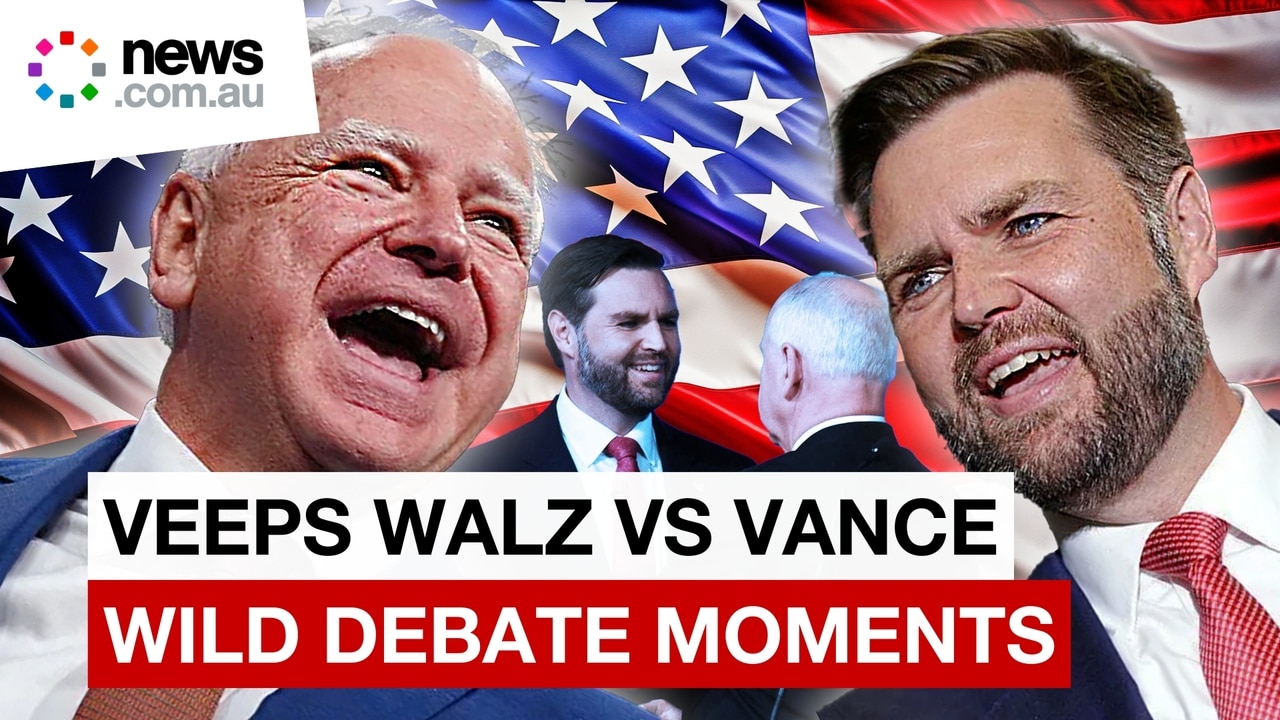
IN THE US
As polls for the US election remain stubbornly close, rivals Donald Trump and Kamala Harris are facing a crunch moment next week in their campaigns – and yet it doesn’t actually involve either of them.
On Wednesday morning, Australian time, the two nominees for vice president will face off against each other in what will likely be the last debate before polling day on November 5.
While Ms Harris has said she would be happy to debate Mr Trump again he has said, bluntly, that it’s now “too late”.
So it’s all up to Minnesota Governor Tim Walz, for the Democrats, and Republican Ohio Senator JD Vance to provide the last head-to-head meet up of the campaign.
How they perform could have an outsized effect on the election’s outcome.
“It could raise the stakes, given that this may be the last time either campaign will have a truly national audience for a campaign event,” associate professor of political science at the University of North Carolina Asheville Ashley Moraguez told Newsweek magazine.
According to website FiveThirtyEight’s poll of polls, Ms Harris leads Mr Trump 48.6 per cent to 45.7 per cent nationally. But in some of the swing states, crucial to victory, it’s looking a lot closer.
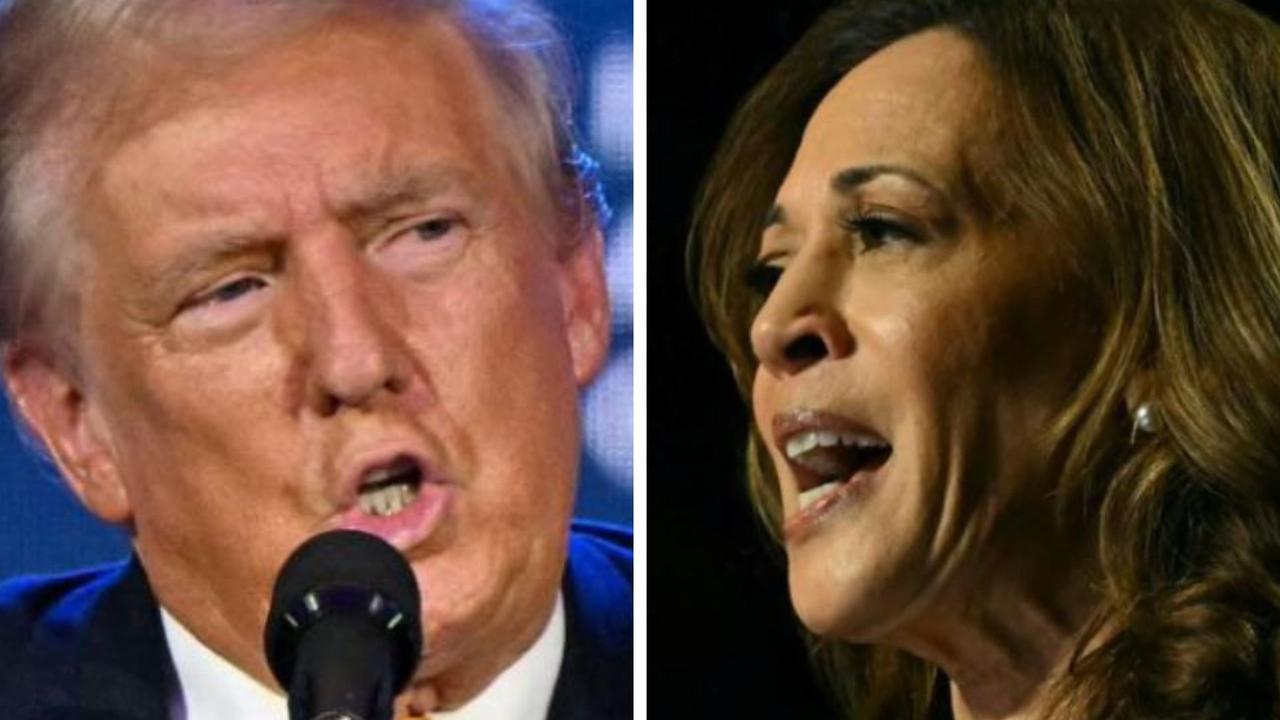
Mr Vance has courted controversy for his many comments involving cats – from his mocking of “childless cat ladies” to spreading a false rumour that immigrants in a Midwestern US city were eating pet cats.
While Mr Walz has been called “tampon Tim” for requiring all schools to have period products on hand and questions have been asked about the circumstances that led him to leave the military before being deployed to a combat zone.
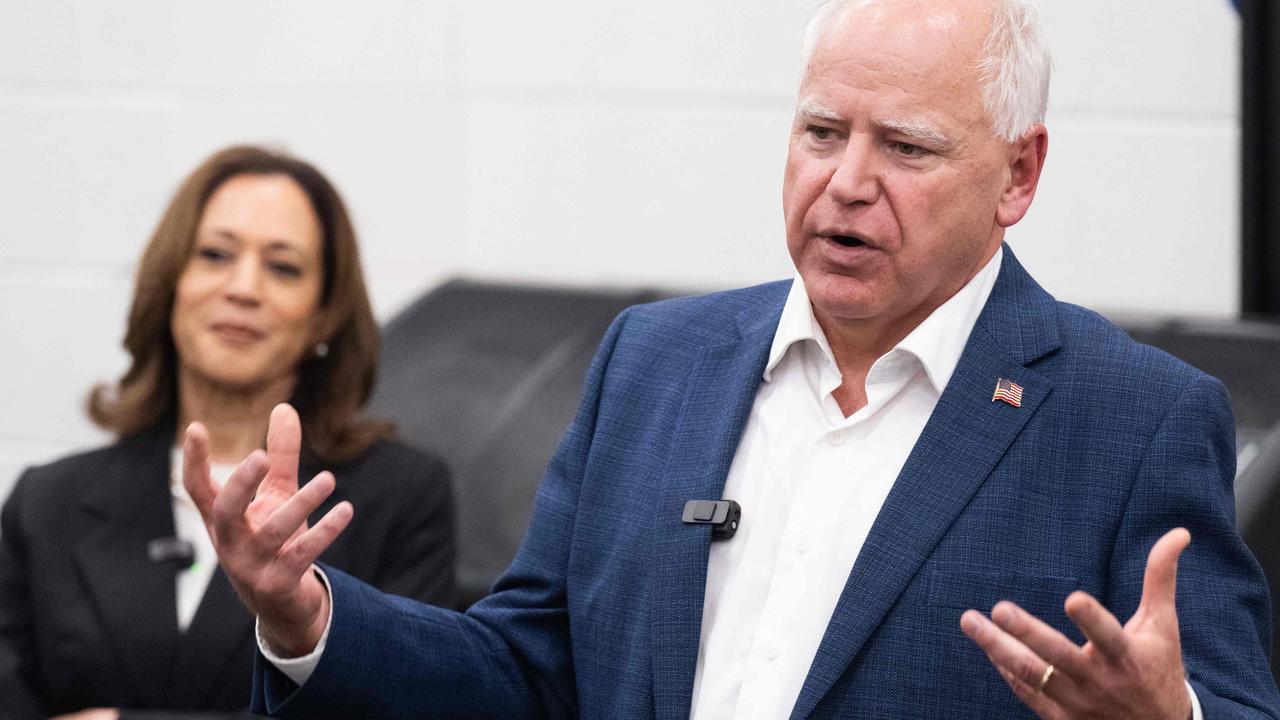
Harris ‘stands to gain or lose more’
Outside their home states neither running mate is particularly well-known – although Mr Vance may have an edge due to his best-selling memoir Hillbilly Elegy.
But they will effectively be surrogates for the presidential candidates. And in that regard, Mr Walz has more to do, say analysts.
That’s because he is essentially representing Ms Harris who is a late entry to the race, still something of an unknown quantity to many Americans – despite being Vice President – and she has been criticised for thin policy proposals.
“Curiosity about the relatively new Harris/Walz ticket will bring in viewers … there is more on the line for Harris; she stands to gain or lose more,” senior lecturer at Brooks School of Public Policy at Cornell University Dan Lamb told Newsweek.
Mr Walz is credited with coming up with the “weird” epithet to describe just about anyone on the Trump campaign team, including Mr Vance.
That insult so riled Mr Trump that earlier this month he repeated it while trying to dismiss it.
“JD is not weird,” Mr Trump said. “He’s a solid rock. I happen to be a very solid rock. We’re other things perhaps, but we’re not weird”.
Mr Walz will likely try and burnish Ms Harris’ economic credentials while needling Mr Vance for his past criticism of Mr Trump and will accuse the Republicans of attempting to wind back abortion rights.
Mr Vance, on the other hand, will attempt to portray his rival as a radical left Democrat who didn’t do enough to clamp down rioters in Minnesota’s largest city of Minneapolis following the death of George Floyd while hammering the Democrats on immigration.
Don’t be surprised if Mr Vance, who has had low approval ratings, tries to present a friendlier, more dependable, version of himself.
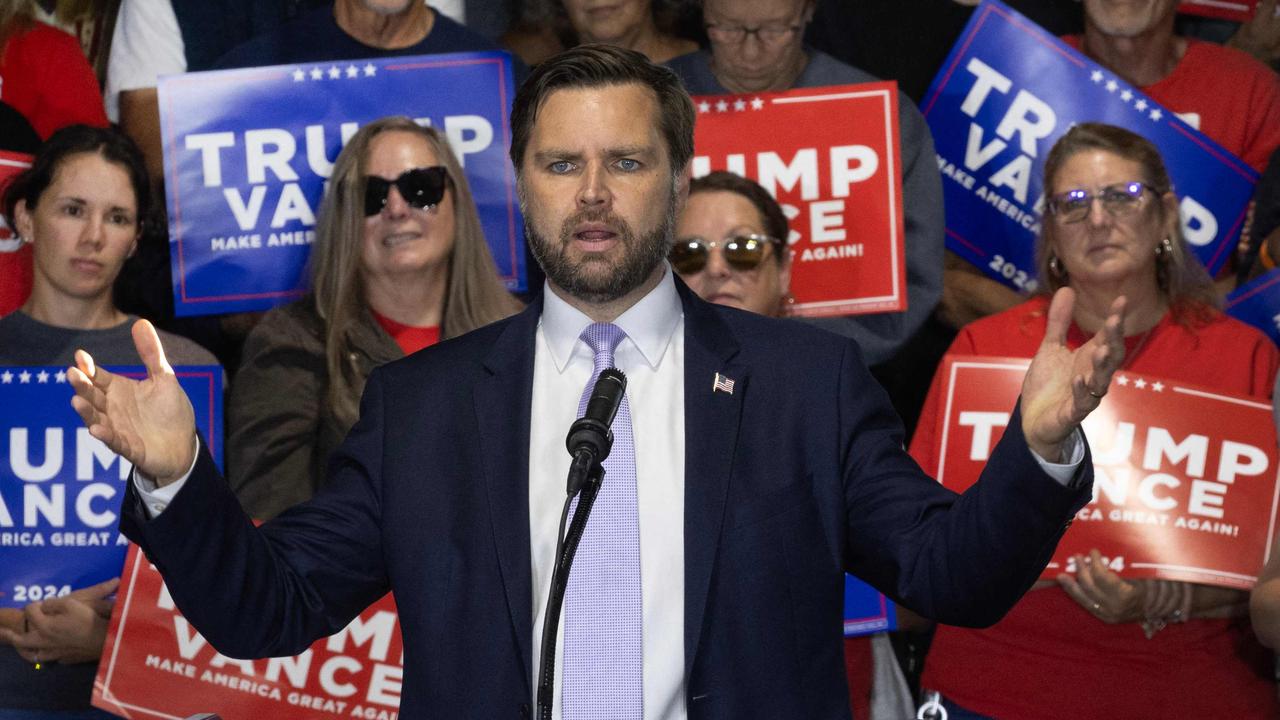
During the presidential debate, Ms Harris successfully led Mr Trump down various garden paths that saw him lash out on sideline issues such as his extraordinary comments that immigrants were “eating the cats”.
It’s unlikely Mr Walz will be able to pull of the same trick with the more polished Mr Vance.
Both men are from the Midwest which is no mistake. Mr Trump and Ms Harris are from New York City and the San Francisco Bay area respectively. Having a running mate from the so-called flyover sates is an attempt to balance accusations that each party’s ticket is too focused on typically more progressive regions of the country.
Britt Halvorson, a cultural anthropologist, told the US’ National Public Radio, that both nominees will be trying to suggest the other is a fake Midwesterner.
“There’s this work at play of kind of trying to dislocate the other from the Midwest and say that the other is a coastal elite in disguise or a stealth elite in disguise.”
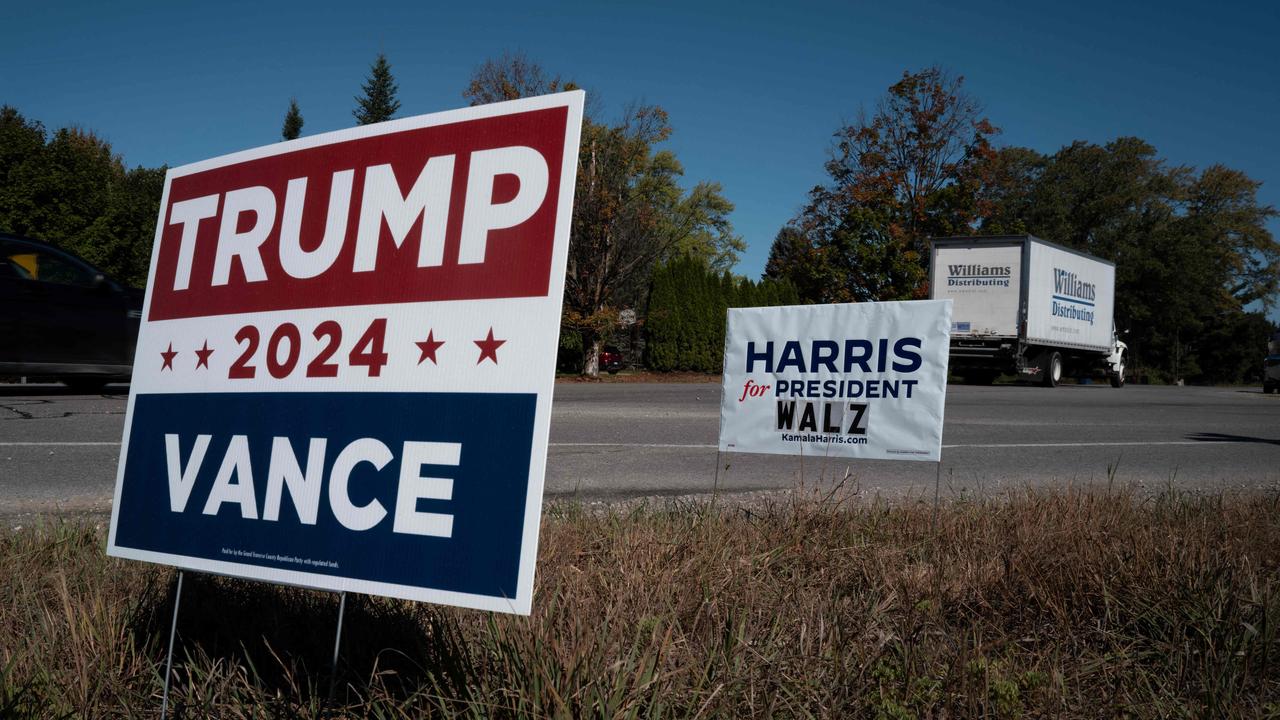
‘Slim margins’
Whether the debate will make a skerrick of difference in this incredibly tight election is, itself up for debate.
Prof Moraguez said there was “little systematic evidence” that the vice-presidential debates turned the dial for voters.
“Given that the polls did not move much after the Harris-Trump debate, I’m sceptical that this debate will make much of a difference in the race either,” she said.
“Then again, in a race that is likely going to be decided by slim margins, campaigns have to take opportunities like this seriously and cannot squander them.”
A good debate could not only look good for the VP nominee, said Prof Moraguez, but potentially for the presidential candidates too.
But if they “get rattled,” that could equally work out badly for their potential future boss.
VP debates may not shift many voters. But in this US election, you wouldn’t have to move many votes to have a completely different person sitting in the Oval Office.






